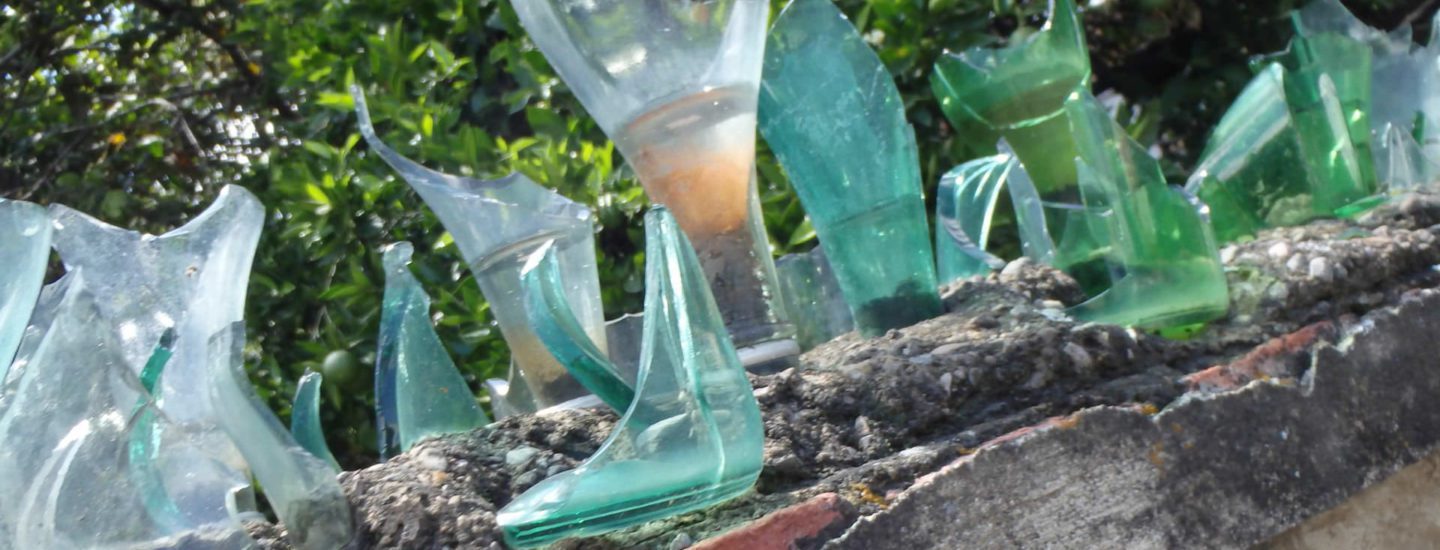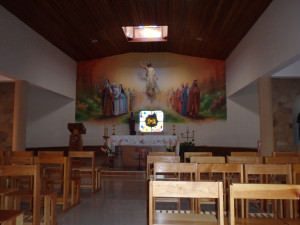The Reality of Culture Shock

Culture shock is definitely a real thing.
I have been feeling culture shock everywhere I look since coming to Bolivia. Everything is different here—from the way that things look, the concept of time, family structure and even the way that people go to the bathroom. During my first week I felt like I was walking around in dream.
This is the first time in my life that I have actually felt culture shock. I think this is because this is my first experience living in a place that is extraordinarily different than home. My previous trips to places around the world were just that—trips. Here in Bolivia I am working to make this my home for the near future, which means that I am put into situations that highlight the differences between life here and life at home.
The most frustrating place that I am experiencing culture shock is at mass. I figured that going to mass on Sundays would be a place of peace for me, a place to escape all of the differences that I see and celebrate the oneness that is the Catholic Church.
Boy, was I wrong. Outside of the obvious challenge of being in a language I don’t understand, mass in Bolivia has a different flow, feel and function.
I realized during an exceptionally long homily that these struggles are exactly what I signed up for. They were bringing me to live in solidarity with others that are going through the same types of struggles.
Before living in a culture that is radically different than what I am used to, I never understood the struggle that people who come to the U.S. face. I used to overlook the repeated call to protect the alien, foreigner and stranger in the bible because I didn’t have a personal connection with it.
We Americans are not very accommodating to others coming and trying to make a life there. Things that I took for granted as being the norm everywhere were not so, and are actually very difficult to adjust to when they become part of everyday life. To make matters worse, people who come to the U.S. also face discrimination and hatred because of their physical appearance, something that I luckily have not experienced.
It’s interesting that I came all the way to South America to feel connected to people back home.
Tagged in:

